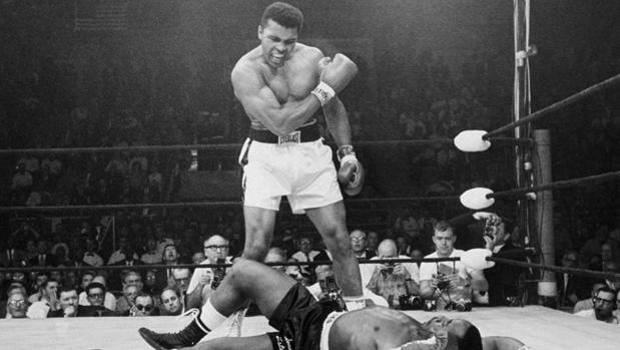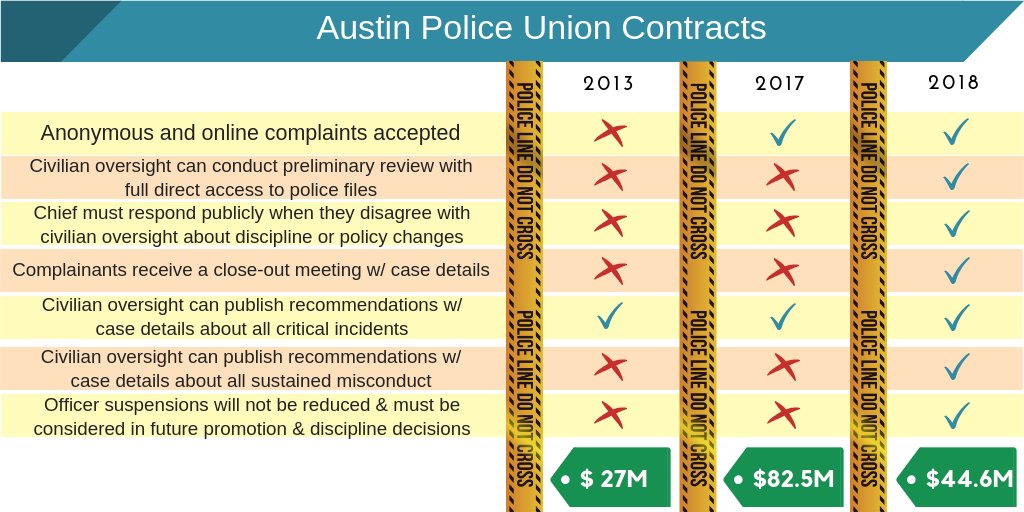The death of
HB 2754 (White) limiting arrests for Class C misdemeanors was the strangest bill ride in which Grits has ever participated. Readers will recall that this provision was stripped out of the Sandra Bland Act in 2017, so reformers came back this year for another bite at the apple. The bill has overwhelming support in the Texas House, but now it's dead.
Let's try to unpack what happened:
In essence, Democrats killed the bill twice: first because they didn't understand the legislation (or why current law allowed Sandra Bland to be pulled from her car), and then because a bunch of them left work before the big vote on Friday, so the rules couldn't be suspended to reverse the error.
For bill author James White, a Republican, it's evidence that no good deed goes unpunished. His HB 2754 was narrowed in committee to the Sandra-Bland language because Rep. Senfronia Thompson's HB 482 couldn't get out of the Homeland Security and Public Safety committee. Advocates believed they could count to a majority, but Democratic Homeland Chairman Poncho Nevarez wouldn't give Thompson's bill a vote. So, essentially similar language was substituted into White's HB 2754, which had been referred to Chairwoman Nicole Collier's Criminal Jurisprudence committee. Again, the bill had the votes, so she brought it up and voted it out. The bill found sufficient support to make it through Calendars and landed on the House floor with plenty of time to pass.
First Kill
Before the second reading vote on the House floor, Chairman Nevarez brought White
an amendment from the police unions to let officers arrest if the offender failed to present identification. White declined to add it, and Nevarez did not press the matter. On the morning of third reading, however, the police unions brought the amendment to White directly. He added it under his own name on 3rd reading, and the bill passed the House
126-20, with Nevarez "absent."
Because it did not change current practice (officers currently ask for identification at traffic stops in order to write you a ticket and HB 2754 would not have changed that), the amendment was not clearly substantive. Instead, it was a "poison pill" designed by the police unions to change the conversation from overreaching police power to verification of identity at traffic stops - an issue covered by different laws not altered by HB 2754, poorly understood by most of the membership, and likely to gin up dissension. It worked.
After the bill passed, Democrat Shawn Thierry complained to White about the amendment, and in a rare move, he agreed to bring the bill back up and strip it off, even though HB 2754 had already passed on to the senate. Advocates had no idea he was planning to do this. And thus the bill came back up late Wednesday night after it had already passed in the lower chamber.
However, once the bill was brought back up and the amendment was off, Thierry began nitpicking at the rest of the bill in ways that fundamentally failed to comprehend either current law or the effects of the legislation. Currently, police can arrest absolutely anyone for any Class C charge and no other reason; the bill limited this power. But
Thierry appeared to believe the bill expanded police authority rather than limiting it.
Thierry dug in on an open-ended clause in the new limitations that would let police arrest if they had probable cause to believe someone wouldn't show up in court. This was compromise language demanded by law enforcement; certainly it was broader than Grits would prefer, and was the most open-ended exception. But requiring cops to have "probable cause" to believe someone won't show up is an improvement over giving them wholesale authority to arrest without any such justification. Taken as a whole, the measure limited arrest authority compared to current law. Thierry mistakenly believed it gave police new arrest powers.
Then, Nevarez, along with his roommate, Terry Canales, a criminal-defense attorney, stridently doubled down on Thierry's confused interpretation. Another Democrat even accused White of promoting racial profiling! In reality, the opposite is true: when policies compliant with HB 2754 were installed at Austin PD, Class-C arrests
declined by nearly two thirds and racial disparities lessened.
House Criminal Jurisprudence Committee Chairwoman Nicole Collier, one of a handful of Democrats who stuck with the bill, tried to help White out with questions that clarified the language. But he became frustrated and called for a vote. Confused Democrats sided with the bill critics
en masse, including some who were coauthors!
And with that, a black Democrat pursuing a misguided argument killed Texas legislation which, had it been law, would have prevented Sandra Bland's arrest. Ironically, on
her Twitter page, Thierry includes the following quote from Martin Luther King, Jr. in her bio: "Shallow understanding from people of good will is more frustrating than absolute misunderstanding from people of ill will." I think, at this point, we can all agree on that!
As an aside, I bet Chairman White has learned his lesson about doing Democrats favors. The Republican committee chairman tried to accommodate them - first adding the police-union change that Nevarez had requested, then pulling it off when Thierry complained. As a result, a bill Democrats should all support was killed for his trouble.
Within about 15 minutes of the vote, the Democratic caucus understood they'd screwed up big time, with Nevarez, Garnet Coleman, Harold Dutton, Joe Moody, Nicole Collier, and others coming outside to tell supporters they were going to "fix this." By the next morning, the path was clear. Chairman White agreed to accept one amendment to repair the open-ended text related to failure to appear. Democrats agreed to come back
en masse to vote "yes" because the concern had been addressed. Everyone had a path forward.
Second Kill
But it was not to be. Chairman White needed yet another vote, and could have tried to get it the following day when, under the rules, he needed a simple majority. The problem was the calendar: it was the last day that House bills could be heard on "second reading." Bringing a potentially contentious bill back up - one that had already had its day - would mean killing other legislation. With 20/20 hindsight, White should have bucked protocol and done it anyway. Instead, he waited.
So the motion to reconsider wasn't heard until the day after, when it required a 2/3 vote for suspension of the rules. Democrats asked for the bill to be brought back mid-afternoon. The speaker chose to wait until regular business was complete, which frankly
Grits thought was reasonable considering we were asking for what amounted to an extremely rare 5th reading vote!
About 6 p.m. Friday - not a late hour for this time of session - the Speaker recognized Garnet Coleman for his motion to reconsider. Initially the rules suspension seemed to pass. But opponents called for vote verification, and
20 Democrats who voted FOR the bill the first time and should have been there to vote for it again had
already left the building. (see
listing of absent members; excused and unexcused is a procedural difference.) The bill failed to get the 2/3 needed to suspend the rules by just two votes.
One absent Dem that we know of had legitimate reason not to be there: Donna Howard's husband had a medical emergency. But why would Austin's Eddie Rodriguez not show up? Members from Houston, San Antonio, and other drive-able locales went home early for the weekend instead of staying to vote.
If just two of them had cared more about preventing what happened to Sandra Bland than leaving work early to start their weekend, this bill would be on its way to becoming law.
Honestly, why bother seeking election to the Legislature if you're not going to show up on big votes to do your job?
It's possible an amendment vehicle will be found and HB 2754's provisions can be revived. At this point, the bill is supported by a wide majority of House members and opposed by only a few. Just 26 people voted against the bill on third reading, and 37 voted against the motion to reconsider. So the votes are there if a vehicle is found.
It's easy to blame all this on legislative incompetence. Thierry's failure to understand the bill was the pivotal error that caused everything to melt down. Even if the line she complained about had not been fixed, the bill would have radically limited existing police power to arrest for Class C violations. And blowing a vote so important to core Democratic constituencies because members wanted to get home for Mother's Day weekend is about the lamest outcome possible. All of those absent members should hear about the issue during the next primary.
But at the end of the day, the "poison pill" strategy was promoted by the police unions. They're the behind-the-scenes force ultimately responsible for the loss, however satisfying it may seem to blame confused or absent legislators. That's certainly who I blame.
And that, my friends, is an example of how powerful interests can kill a bill opposed by only 37 out of 150 House members through confusion and misdirection. I've got to hand it to them; their strategy worked.
See related MSM coverage:








.jpg)